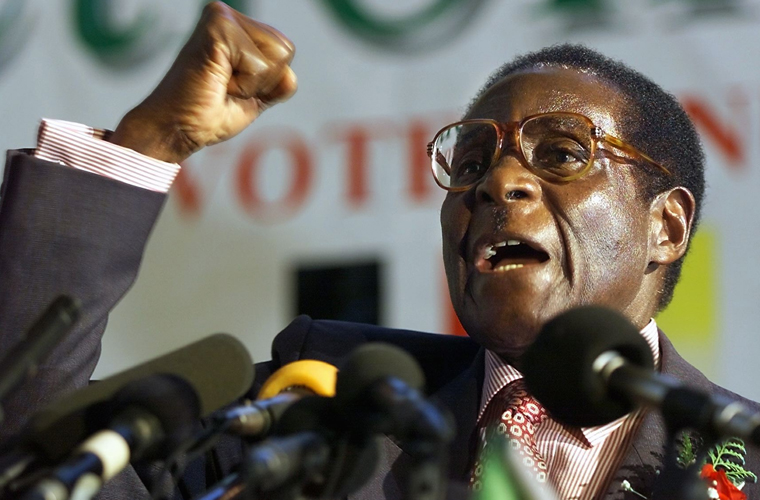Robert Gabriel Mugabe was a prominent figure in the history of Zimbabwe, formerly known as Rhodesia. Born on February 21, 1924, in Kutama, Southern Rhodesia, Mugabe played a significant role in the country’s struggle for independence and its subsequent political landscape. As a black nationalist with Marxist leanings, Mugabe was instrumental in shaping the trajectory of Zimbabwe’s governance, ultimately becoming its first prime minister and later assuming the role of executive president.
Mugabe’s political journey began amidst the backdrop of colonial rule and racial segregation in Southern Rhodesia. He emerged as a leading voice in the fight against the oppressive regime, advocating for the rights and empowerment of the black majority. His efforts culminated in the country’s independence from British colonial rule in 1980, marking a pivotal moment in Zimbabwe’s history. Following independence, Mugabe assumed the position of prime minister and embarked on a mission to steer the newly formed nation towards stability and prosperity. However, his leadership soon took a controversial turn as he consolidated power and implemented policies that drew both praise and criticism from various quarters.
One of Mugabe’s most notable initiatives was the land reform program, aimed at addressing historical injustices in land ownership and distribution. While this initiative was applauded for its commitment to rectifying past wrongs, it also sparked widespread debate and raised concerns about its impact on the country’s economy and agricultural sector. Throughout his tenure, Mugabe’s leadership style and governance came under scrutiny, with allegations of human rights abuses and authoritarian tendencies casting a shadow over his legacy. The consolidation of power within his ruling party and the suppression of political opposition further fueled apprehensions about the state of democracy and civil liberties in Zimbabwe.


















Mugabe’s presidency was marked by both domestic challenges and international relations dynamics. His government faced economic hardships, including hyperinflation and unemployment, which significantly impacted the livelihoods of Zimbabweans. Additionally, his foreign policy decisions and stance on issues such as land rights and international sanctions drew mixed reactions from the global community.
In 2017, Mugabe’s longstanding grip on power was put to the test as political and military pressures mounted against his rule. Faced with growing discontent and calls for change, Mugabe ultimately resigned from the presidency on November 21, 2017, bringing an end to his four-decade-long tenure as the country’s leader. The legacy of Robert Mugabe continues to evoke diverse perspectives and reflections on his contributions to Zimbabwe’s history. While he is celebrated as a liberation hero who played a pivotal role in the country’s independence struggle, his later years in power and the complexities of his governance have sparked ongoing discussions about his impact on Zimbabwe’s socio-political landscape.
As Zimbabwe charts its path forward, the legacy of Robert Mugabe remains an integral part of its historical narrative, shaping conversations about leadership, governance, and the enduring quest for progress and prosperity. Whether viewed through a lens of admiration or critique, Mugabe’s imprint on Zimbabwe’s history underscores the intricate interplay of power, ideals, and the complexities of nation-building.

